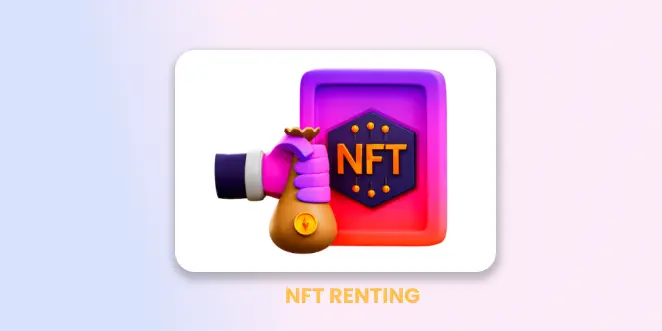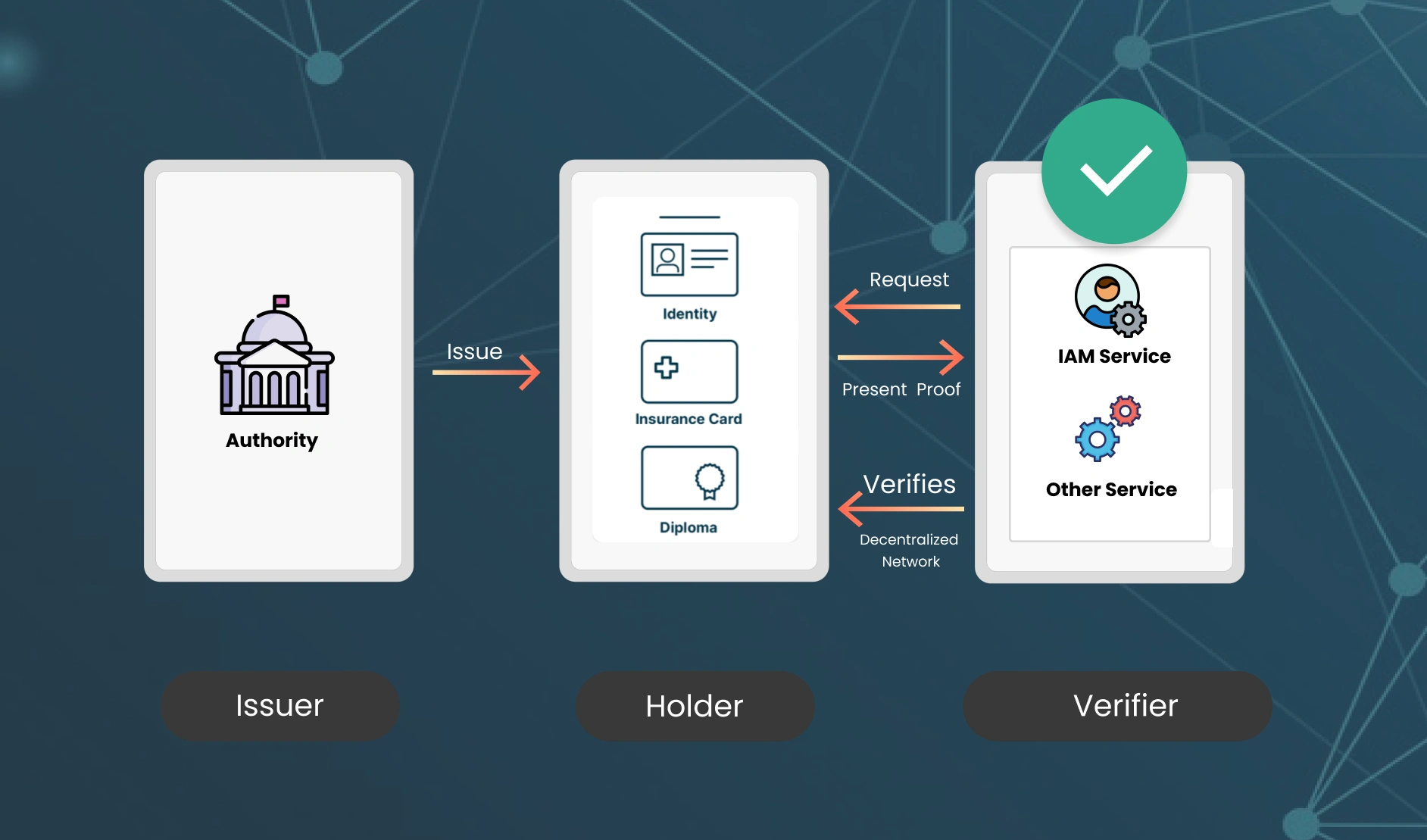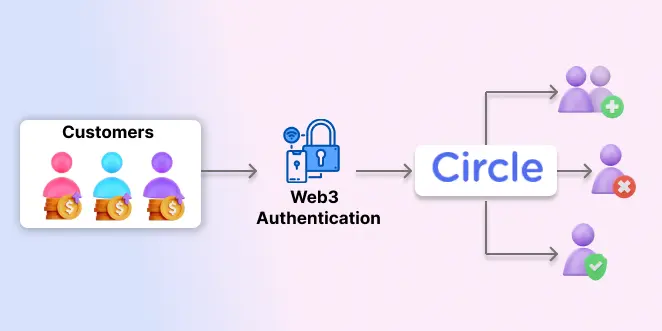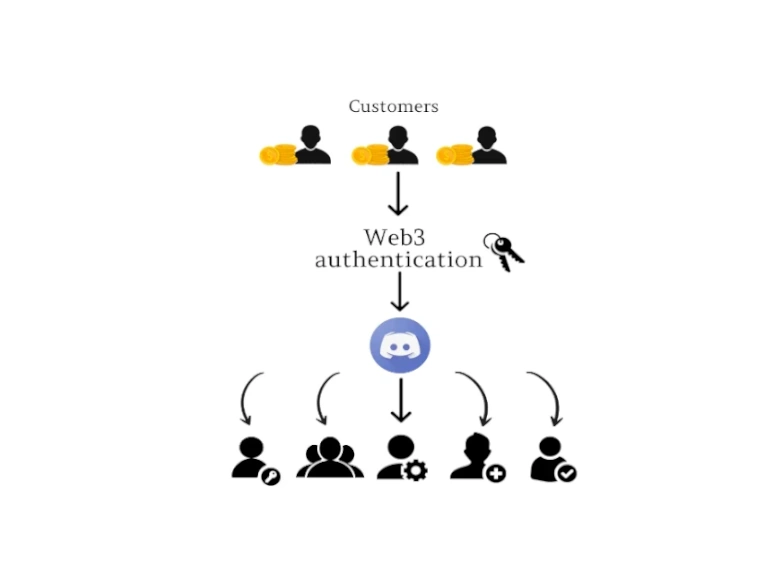In this blog, we’ll understand NFT renting - what are its types, and why it's a game changer for renters and investors. Plus, we’ll also explore some of the applications of NFT lending that you can benefit from now and in the future.
If you're interested in integrating NFT-based gated content into your platform, you might want to check out solutions like NFT-based gated content. Additionally, for WordPress users looking to leverage Web3 capabilities, plugins such as Web3 Suite and Web3 WordPress Login offer convenient solutions for seamless integration. These tools can significantly enhance accessibility and functionality within the NFT space.
What is NFT Renting?
Just like renting a house or a car, NFT renting lets you use someone else’s NFT for a set amount and time without buying it. Whether it is for trying out an NFT before buying one or accessing exclusive content, NFT rentals enable you to do all of that without burning a hole in your wallet. It is a win-win for everyone, as owners can earn passive income and keep their NFT, while renters get temporary access to NFT without the substantial financial commitment associated with permanent ownership. Additionally, with smart contracts handling everything, this renting strategy is completely secure and transparent.
miniOrange is one of the leading providers of NFT rental solutions. From offering affordability and protection to risk mitigation and user experience, our NFT lending solutions open endless possibilities for you in the NFT space.
Benefits of NFT Renting
- Temporary Access: Renting provides temporary access to an NFT, ideal for situations where purchasing it is not feasible. This could help renters try out the digital artwork for a short period before deciding to purchase it in the future.
- Budget-Friendly: The cost of renting high-value NFTs is significantly lower than the expense of buying them outright. This affordability empowers users on tight budgets to experience the exclusive benefits and functionalities linked to the NFT, including access to exclusive communities or in-game items.
- Low Risk: At a time when the value of NFT keeps fluctuating, renting emerges as a low-risk option as it averts significant financial loss. Even if the value of the NFT drops while you rent it, the impact on your investment stays minimal.
For Owners:
- Earn Passive Income: Owners can use the miniOrange NFT renting solutions to rent out their NFTs to generate passive income without selling them.
- Boost NFT Liquidity: Renting creates a new market for NFT lending platforms, potentially enhancing the overall liquidity of the digital asset. This can attract more owners and renters, ultimately benefiting the value of the NFT in the long run.
- Mitigate Loss: Even if the value of the NFT decreases, owners can still be profitable and retain ownership from the rental fees, mitigating losses.
Types of NFT Renting
NFT rentals offer multiple options to cater to different customer needs and preferences. Here’s a breakdown of the major types of NFT rentals:
1. Subscription-Based NFT Renting
Renters who want unrestricted access to the NFT can do so by paying a recurrent monthly or annual fee. This type of NFT lending generates predictable income for NFT owners while providing renters with consistent access.
2. Collateral NFT Renting
For this type of NFT rent service, renters are required to give owners collateral in the form of cryptocurrency or another NFT. As more security is provided by this kind of rental arrangement, owners are less vulnerable to nonpayment or damage to their NFT.
3. Collateral-Less NFT Renting
The renter is not required to provide collateral for this kind of NFT rental. However, the owner can charge a higher fee to cover the risk of damage or loss. This becomes easier for renters, especially those who are new to the digital space.
4. Royalty-Based NFT Renting
Along with the NFT rent fee, renters are required to pay the owner royalty, which is equivalent to a portion of the money made from the rented NFT. This works well for NFTs that can generate revenue, such as virtual real estate or in-game items.
5. Time-Based NFT Lending
The renter is only charged for the time they use the NFT. This is a good option for people who want to lend NFT for a short period, which can range from minutes to months. Both renters and owners profit from this since renters can use NFTs for a set period and owners can adjust the rent out time to suit their needs.
Popular Applications of NFT Renting
NFT rental is creating new and exciting opportunities in several industries. Here are some popular areas where it is gaining traction:
1. Exclusive Communities & Events:
By renting NFTs from a particular project, one can frequently gain access to private groups, online discussion boards, or even actual events. This will give you access to early product launches and allow you to network with other NFT artists and collectors.
2. Gaming & Virtual Assets:
NFT renting is gaining popularity in the gaming industry because it allows players to rent out rare in-game items, characters, or virtual real estate via NFTs. This gives them temporary access to exclusive gaming assets, enhancing their gaming experience without requiring full ownership.
3. Digital Real Estate & Metaverse:
NFT renting can now be used to rent virtual properties, spaces, or domains within these immersive digital environments, thanks to the emergence of the metaverse and virtual worlds. Renters can experience the virtual landscape without committing to long-term ownership.
Conclusion
NFT rental will only evolve and grow over time, with liquidity and financial use cases driving demand for NFT rental services. It will enable everyone who wants to be a part of the Web3 space, regardless of whether they can afford to purchase digital assets or not.
Ready to Get Started, Contact us at: info@xecurify.com and leverage the power of NFT renting with miniOrange today!
Author





Leave a Comment